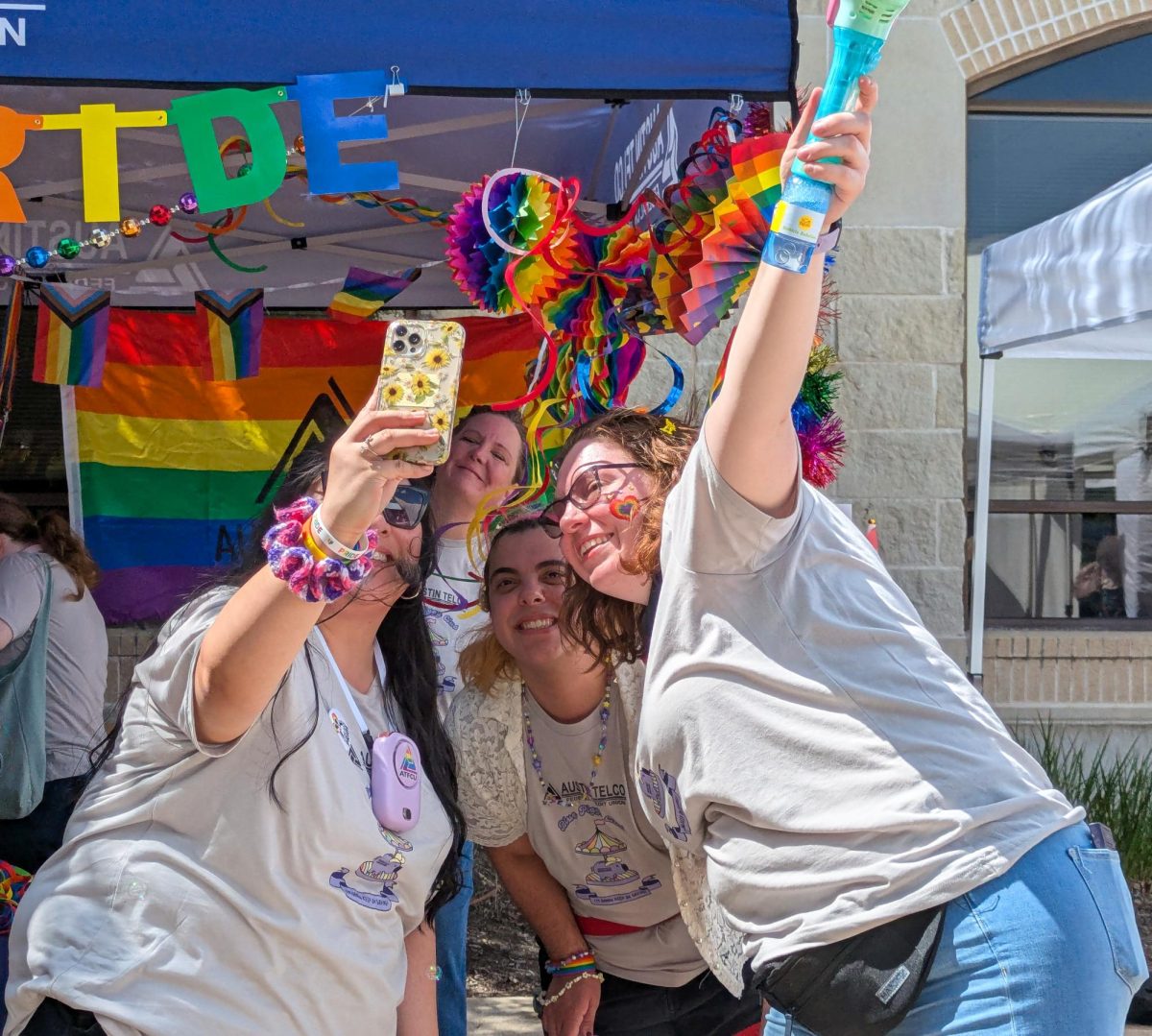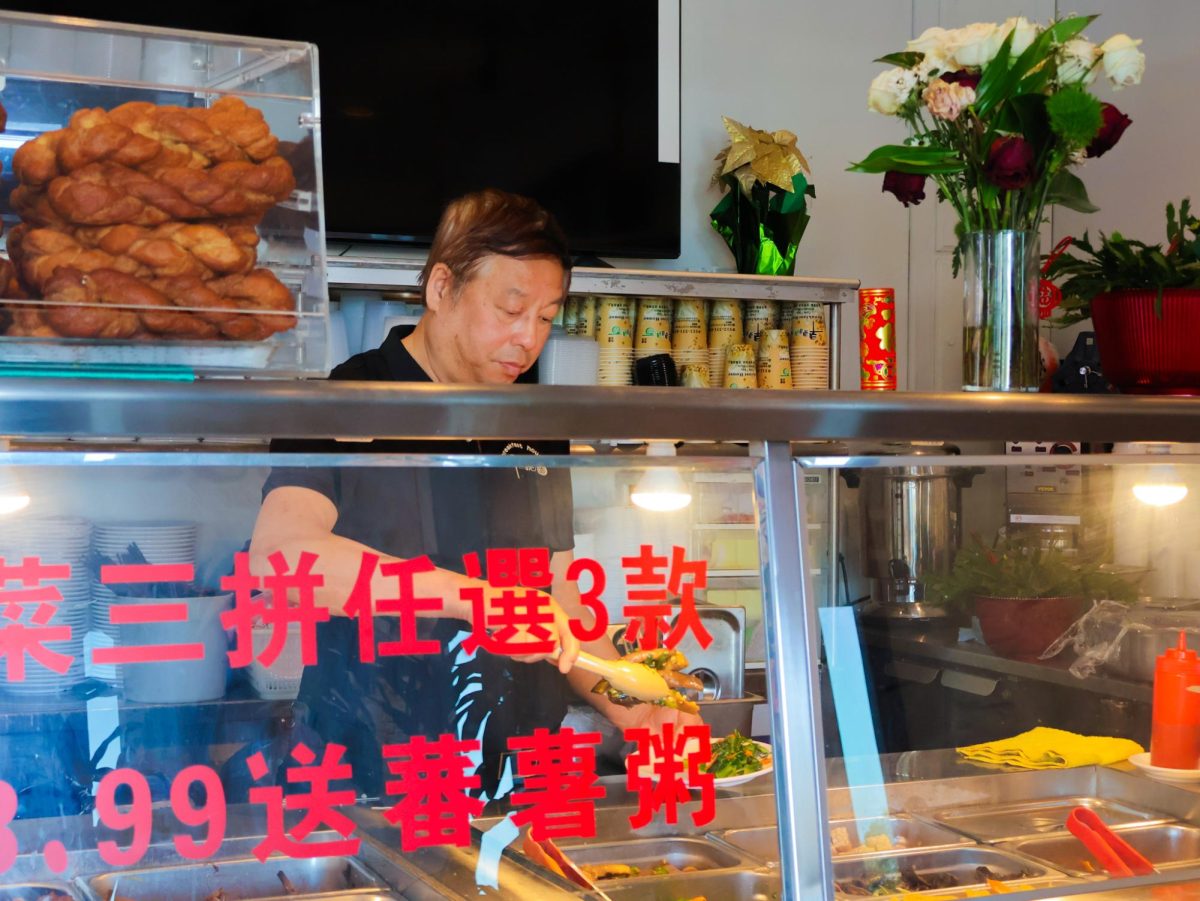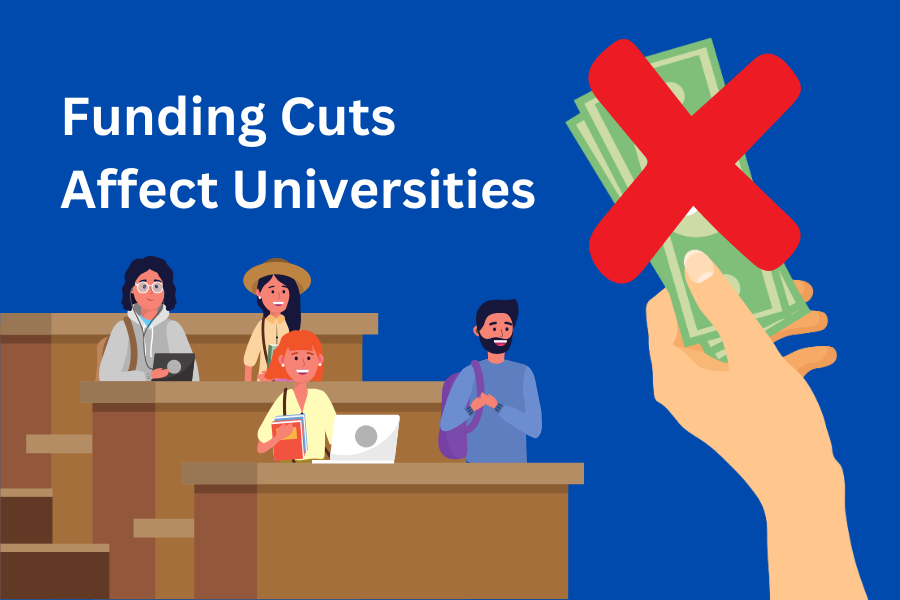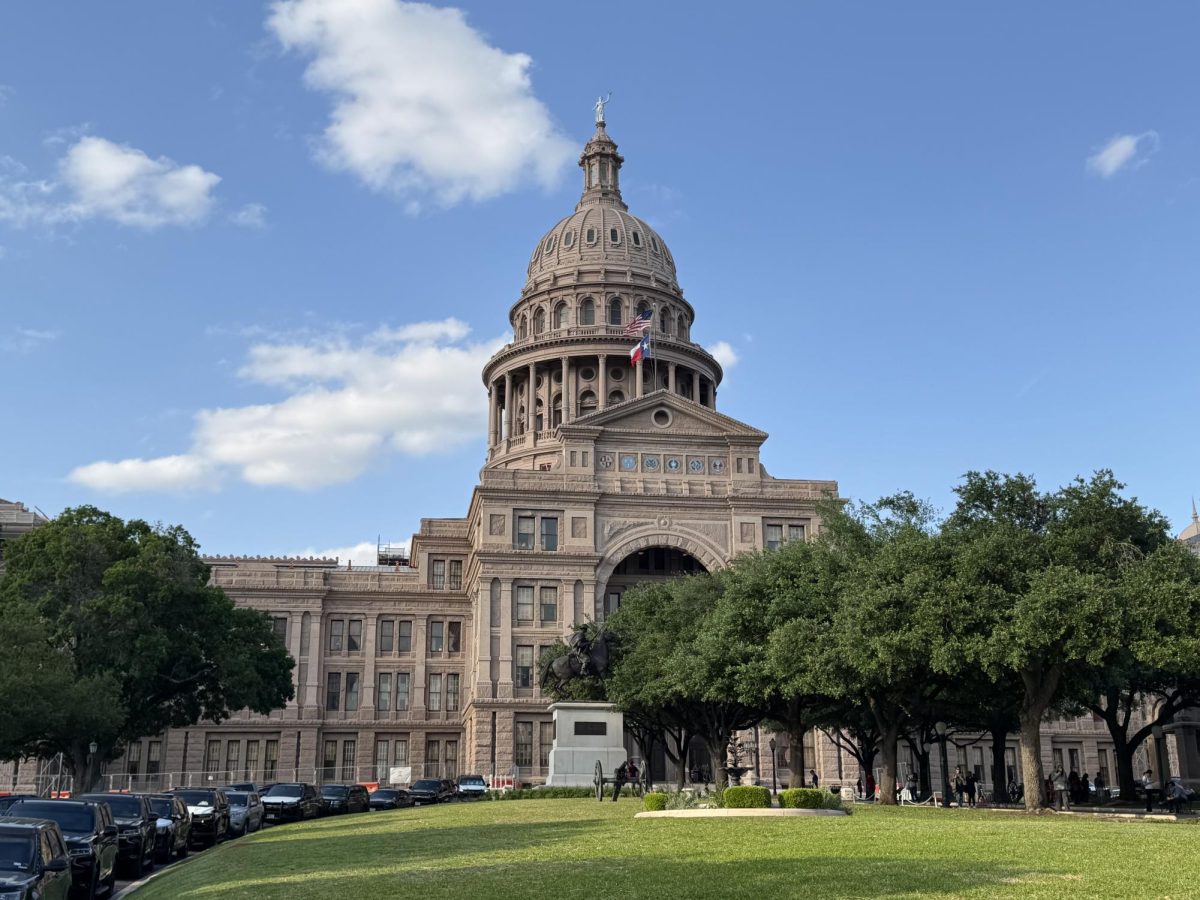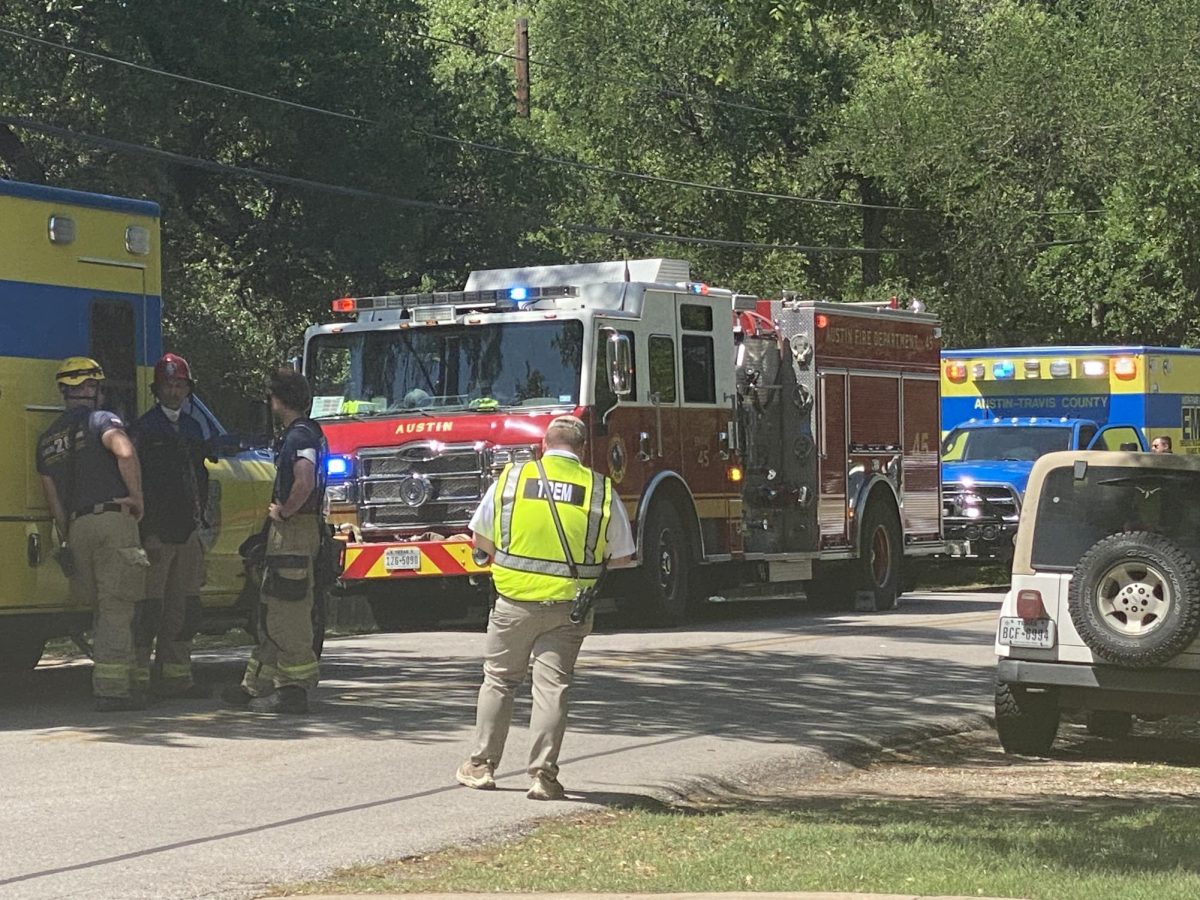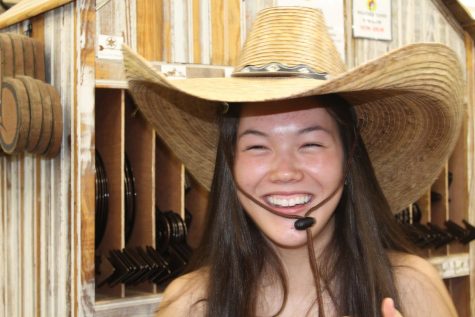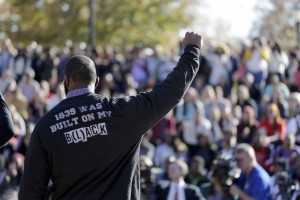
In 1960, four college students famously held non-violent protests against segregation by sitting at an all-whites lunch counter in Greensboro, North Carolina. This was one of the many Greensboro Sit-ins. Fifty years later, college students are once again choosing peaceful protesting to raise awareness of the racial tensions still found on campuses.
University of Missouri was the first of many of the recent protests on college campuses. Along with Mizzou, many other famous colleges’ students, such as in Yale University, Brown University, Dartmouth College, Duke University, Harvard University, Notre Dame of Maryland University, UC Berkeley, and Princeton University, have been protesting.
As University of California President Janet Napolitano, who was quoted in a Los Angeles Times article, said campuses have “‘historically been places where social issues in the United States are raised and where many voices are heard.’”
“I feel like that’s a really good way to reach out to the youth, especially the people who might be uninformed,” Ashley Gonzalez ‘16 said. “Because the word gets out on campus and people can educate each other with knowledge that they might not be getting from the news.”
Fifty Yale University alumni wrote an open letter about the recent racial injustices brought to light at their university, and Princeton students have held large Black Lives Matter rallies. Many other colleges have also brought many administrators to step down from their positions, such as Occidental College and Claremont McKenna College. Seventy-four other colleges have protested and created lists of demands towards college administrations. Some have long lists while other colleges have only one. The Middle Tennessee State University single demand reads:
“Change Forrest Hall, a group of students, faculty, and community members has one demand: the immediate removal of Nathan Bedford Forrest’s name from Middle Tennessee State University’s ROTC building.”
University of Missouri had some of the earliest protesters. Many students were demanding change through vandalism, protests, and a boycott from the football team. One student, Jonathan Butler, had an eight-day hunger strike and refused to eat until the President, Mr. Wolfe, resigned. The students were angry with a lack of strong and speedy responses to their complaints about the racism found on the campus.
But there is a deeper meaning behind these recent protests. It is a symbol to what we as a society can accomplish when we come together for a common idea. Thanks to the popularity of social media and the ease it creates for sharing information, it’s much simpler to bring to light issues with our society that before could take much longer.
“I think that it’s obvious that the youth are becoming more socially aware and that we can educate each other through big movements like these,” Gonzalez said. “Protests really do make a difference and getting the word out there about problems.”
Many college students have become very involved in social issues, and have taken advantage of their new-found power as an adult to raise their voices and articulate their viewpoints.
“It’s really important for college students to have a voice in politics, because a lot of them have just become legal adults and they finally feel that they have the freedom to speak their minds,” Anilya Krishnan ‘16 said.
Many college students have done much to advance reform movements. But what about us? Gonzalez had a few ideas.
“There’s a way to reach out through individual clubs and make flyers and posters and things like the GSA hosts the Transgender Day of Remembrance,” Gonzalez said. “Just anything to make sure that people know what’s going on.”
For more information on what college students are demanding, click here.


